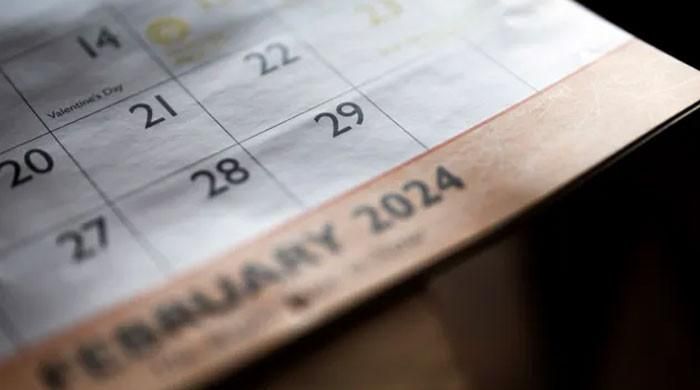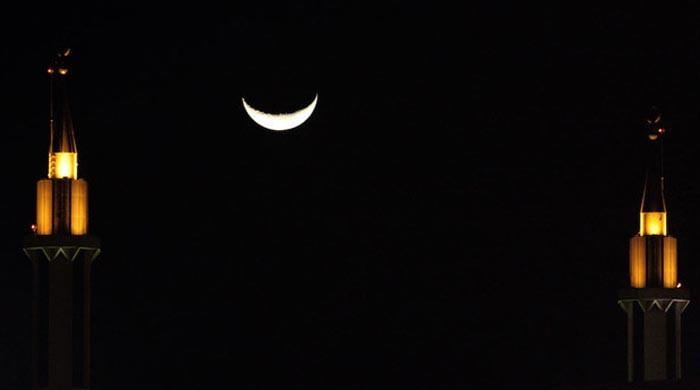One of the leap year legends says that women in Ireland were only allowed to propose marriage on February 29.
A leap year occurs every four years and has 366 days instead of the usual 365, but did you know that this year also has several myths linked to it?
In one leap, an extra day is added to the calendar to align with the Earth's orbit around the Sun and the astronomical seasons. Without the extra day of February, the calendar and the seasons would gradually become out of sync.
The additional 0.25 creates a leap year every four years, allowing the calendar to align with the solar year, since the sun's orbit takes approximately 365.25 days.
This system was introduced by Julius Caesar, the father of the leap year, in 45 BC. C. to correct the 365-day year in Egypt and without it, our current calendar would be off by 5 hours, 48 minutes and 45 seconds each year.
However, people have associated many myths with leap year and leap day, which is the extra day added to the calendar on February 29.
unfortunate years
The most famous myth about leap year is that it brings bad luck.
Italian proverbs warn women that leap years can make them erratic and advise them to delay making important life decisions until the leap year is over.
While there is no evidence to support this theory, two major events during leap years were the burning of ancient Rome in 64 AD and the sinking of the Titanic in 1912.
Additionally, since the last leap year was in 2020, this myth could be said to be true but unproven.
unfortunate birthday
Although the probability of being a leaper (those born on a leap day) is 1/1461, approximately 4.8 million people around the world claim to have been born on a leap day. But is everyone unlucky?
It depends on where they are because, in Scottish culture, jumpers were said to have a year of “unspeakable suffering.”
Generally speaking, in German and Greek cultures, the entire year is considered unlucky for those born on Leap Day.
However, in the United States, jumping is celebrated, and in Anthony, Texas, you are sure to jump for joy as a four-day festival is held in your honor and throughout the year.
The only day women can propose marriage.

Leap Day is believed to be the one (and only!) occasion when women can defy convention and pop the question to their loved ones, a legend originating in Irish folklore.
According to legend, an Irish nun named Saint Brigid asked women for permission to propose to Saint Patrick, the patron saint of Ireland. In the end, Saint Patrick consented, but only on February 29, a day that occurs once every four years.
Since many people now feel that the custom is outdated and that anyone should be able to propose marriage on any day, regardless of gender, equality has advanced dramatically over the centuries.












